Verizon's Samsung Galaxy Tab 10.1 vs Apple iPad 2: Internet and Data Speeds

Yesterday we took our first look at the Samsung Galaxy Tab 10.1 for Verizon Wireless. Now we are going to see how it stacks up next to the Apple iPad 2 while using data and internet.
The clear advantage in raw data speed goes to the Samsung Galaxy Tab 10.1 since it is utilizing Verizon's fast 4G LTE network. We ran the SpeedTest.net app and got around 7-8 Mbps downloads and 3-4 Mbps uploads, which is also in the same range that we get on the HTC ThunderBolt smartphone. When using the same app on the Apple iPad 2, which uses Verizon's 3G EVDO Rev A network, we got on average 1 Mbps for downloads and 0.4 Mbps for uploads.
Up next, we wanted to see how fast their web browsers would be while loading the same sites. Since the Apple iPad 2 does not support Adobe Flash, we disabled the Flash plug-in on the Samsung Galaxy Tab 10.1, so both phones would only load the same web site data. When going to the PhoneArena.com site, the Samsung Galaxy Tab 10.1completely loaded it 12 seconds faster than the iPad 2. Then when we loaded the NY Times site, the Samsung Galaxy Tab 10.1 was only about 2 seconds faster, and the National Geographic site was loaded in the same amount of time on both devices. Based upon this, it does appear that the web site's content does make a difference on if there is a noticeable difference on their load times. Since the PhoneArena site has a lot of graphics, it loaded faster on the Samsung Galaxy Tab 10.1 with 4G than the iPad 2 with 3G, but since the NY Times site is mostly text, both phones loaded them in about the same amount of time.
We then re-enabled the Adobe Flash on the Samsung Galaxy Tab 10.1 and did the same web site tests again. This time around, the iPad 2 was able to completely load the main PhoneArena site 20 seconds faster than the Samsung Galaxy Tab 10.1, and loaded the Motorola DROID 3 review page 7 seconds faster. This is because when Flash is enabled, the Samsung Galaxy Tab 10.1 naturally has to download all the embedded Flash content, and then process and run it on the page. This is why it is taking longer to load than when having Flash turned off. But when going to the NY Times site, both devices loaded it in the same time since there was no Flash content to download, and there was only a 3 second difference when loading the National Geographic site.
It is clear that the Samsung Galaxy Tab 10.1 is capable of much faster download and upload speeds than the Apple iPad 2. Again, due to the differences in the Verizon 4G and 3G network. But when downloading and viewing web sites, it is a bit of a mixed bag. When Adobe Flash is not used on either device, the Samsung Galaxy Tab 10.1 was faster on loading the PhoneArena site, but both tablets were almost the same speed when loading the NY Times and National Geographic sites. Then when we re-enabled Flash on the Samsung Galaxy Tab 10.1, it took longer to load the PhoneArena site than the iPad 2, but again both took about the same time for loading the NY Tines and National Geographic sites.
At this point, if you are in the market for a tablet to be used with Verizon's data service, the Samsung Galaxy Tab 10.1 is going to have the advantage of using the 4G network, which will also allow for faster email and app downloads as well, while the iPad 2 is still using the 3G network. But if you are using mostly a Wi-Fi connection at home or at work, then both tablets would be equal in their data speeds.

The clear advantage in raw data speed goes to the Samsung Galaxy Tab 10.1 since it is utilizing Verizon's fast 4G LTE network. We ran the SpeedTest.net app and got around 7-8 Mbps downloads and 3-4 Mbps uploads, which is also in the same range that we get on the HTC ThunderBolt smartphone. When using the same app on the Apple iPad 2, which uses Verizon's 3G EVDO Rev A network, we got on average 1 Mbps for downloads and 0.4 Mbps for uploads.
Up next, we wanted to see how fast their web browsers would be while loading the same sites. Since the Apple iPad 2 does not support Adobe Flash, we disabled the Flash plug-in on the Samsung Galaxy Tab 10.1, so both phones would only load the same web site data. When going to the PhoneArena.com site, the Samsung Galaxy Tab 10.1completely loaded it 12 seconds faster than the iPad 2. Then when we loaded the NY Times site, the Samsung Galaxy Tab 10.1 was only about 2 seconds faster, and the National Geographic site was loaded in the same amount of time on both devices. Based upon this, it does appear that the web site's content does make a difference on if there is a noticeable difference on their load times. Since the PhoneArena site has a lot of graphics, it loaded faster on the Samsung Galaxy Tab 10.1 with 4G than the iPad 2 with 3G, but since the NY Times site is mostly text, both phones loaded them in about the same amount of time.
It is clear that the Samsung Galaxy Tab 10.1 is capable of much faster download and upload speeds than the Apple iPad 2. Again, due to the differences in the Verizon 4G and 3G network. But when downloading and viewing web sites, it is a bit of a mixed bag. When Adobe Flash is not used on either device, the Samsung Galaxy Tab 10.1 was faster on loading the PhoneArena site, but both tablets were almost the same speed when loading the NY Times and National Geographic sites. Then when we re-enabled Flash on the Samsung Galaxy Tab 10.1, it took longer to load the PhoneArena site than the iPad 2, but again both took about the same time for loading the NY Tines and National Geographic sites.

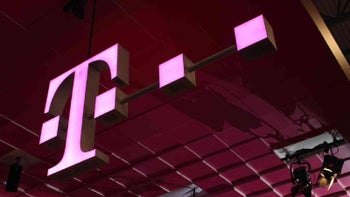
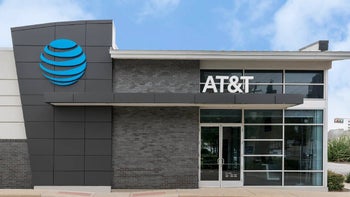
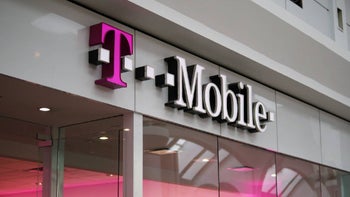
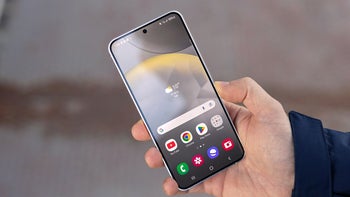
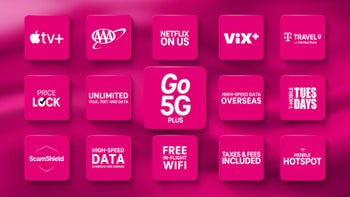
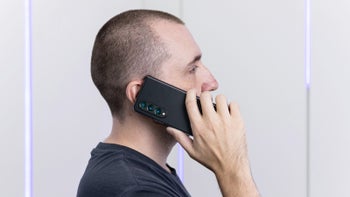
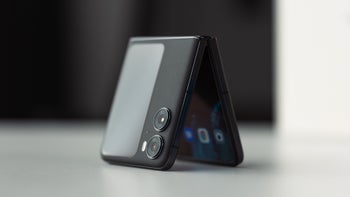
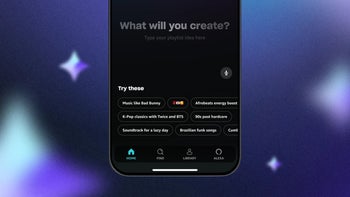
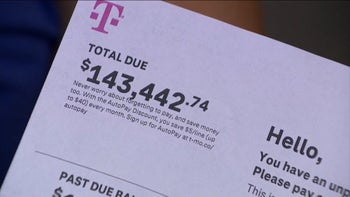
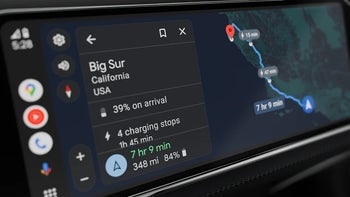
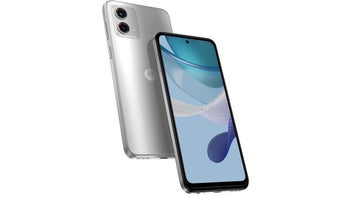
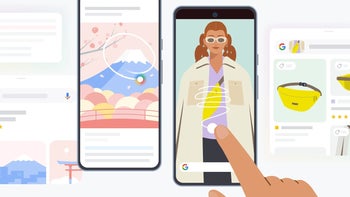
Things that are NOT allowed: